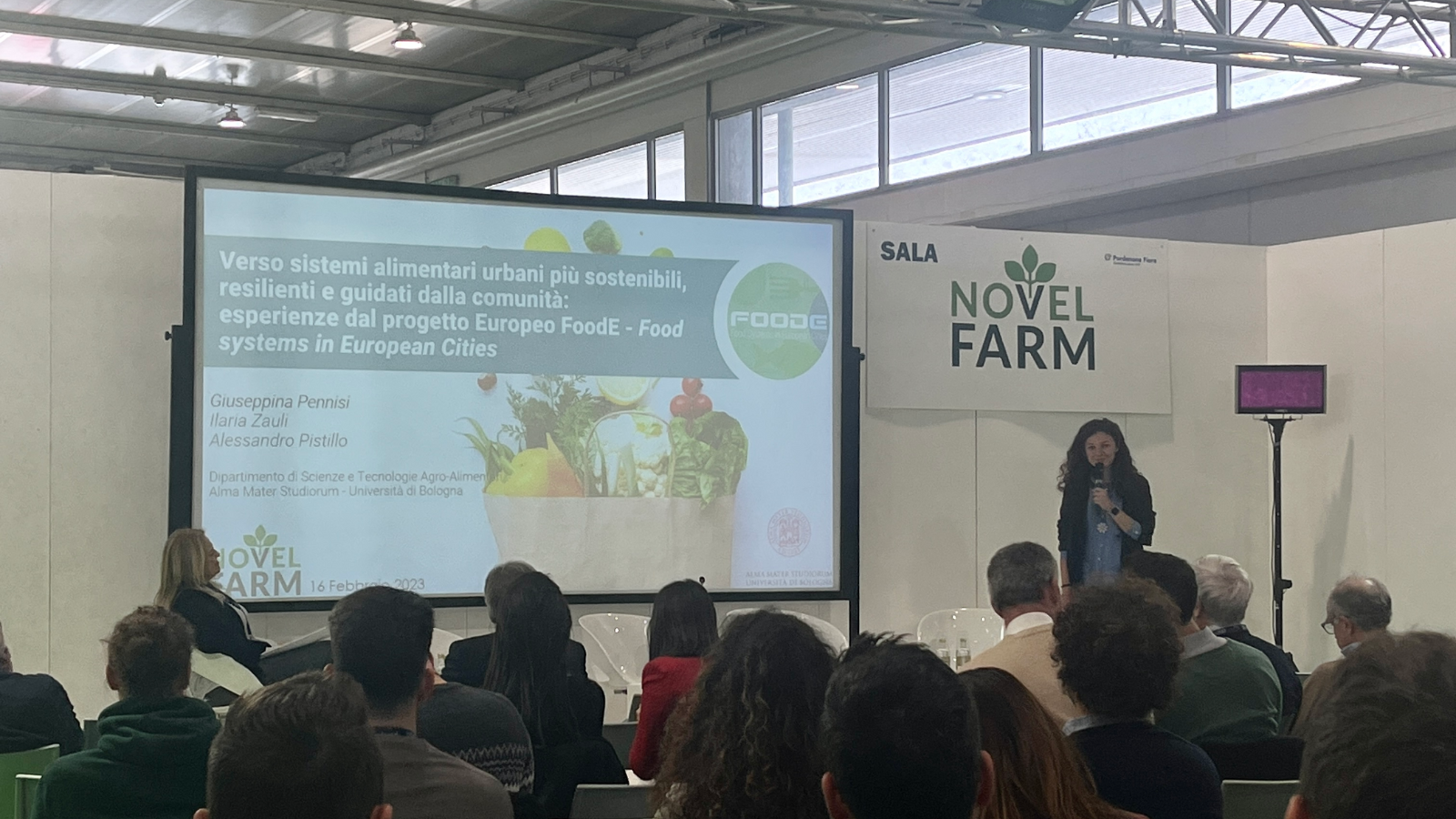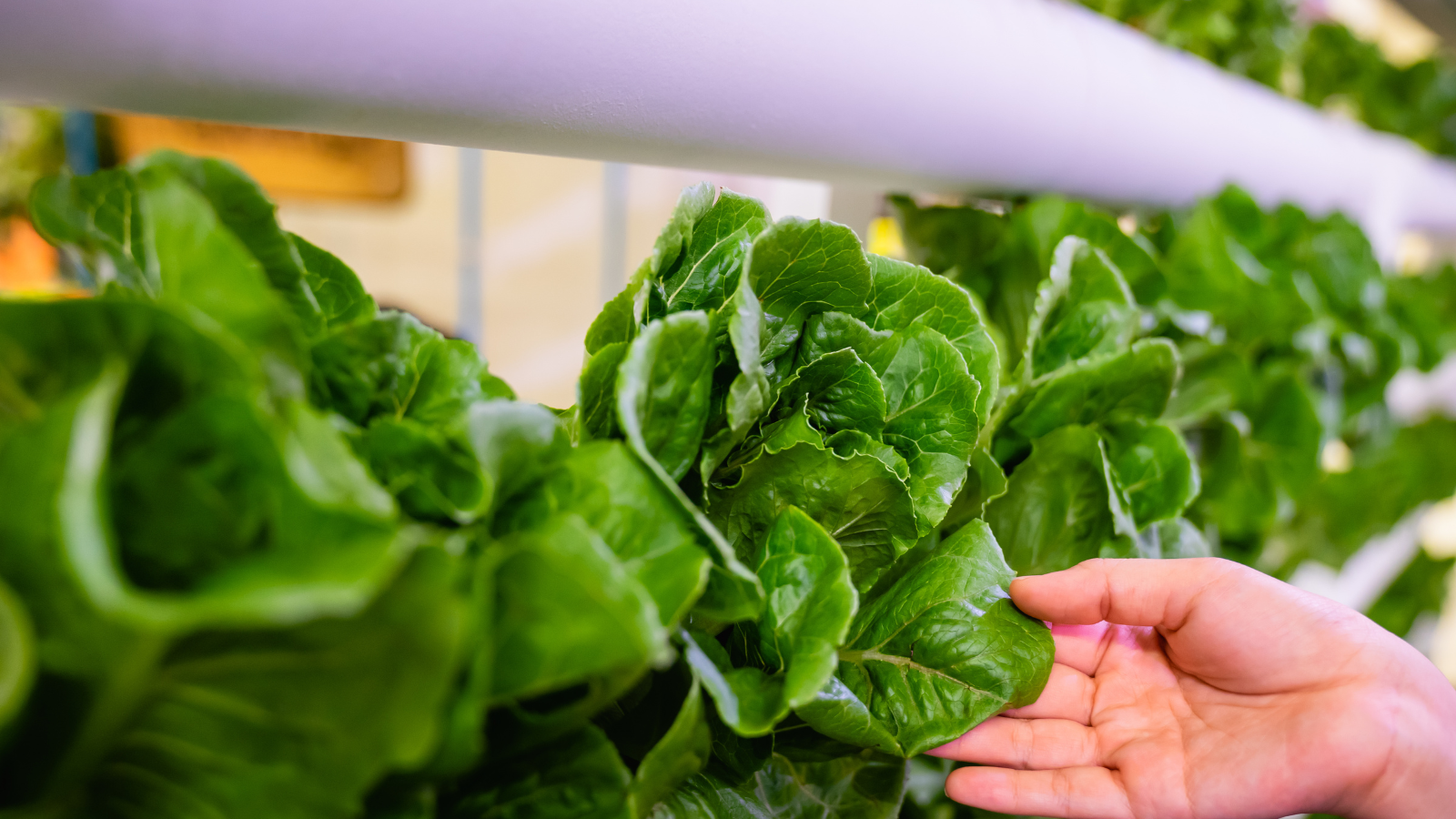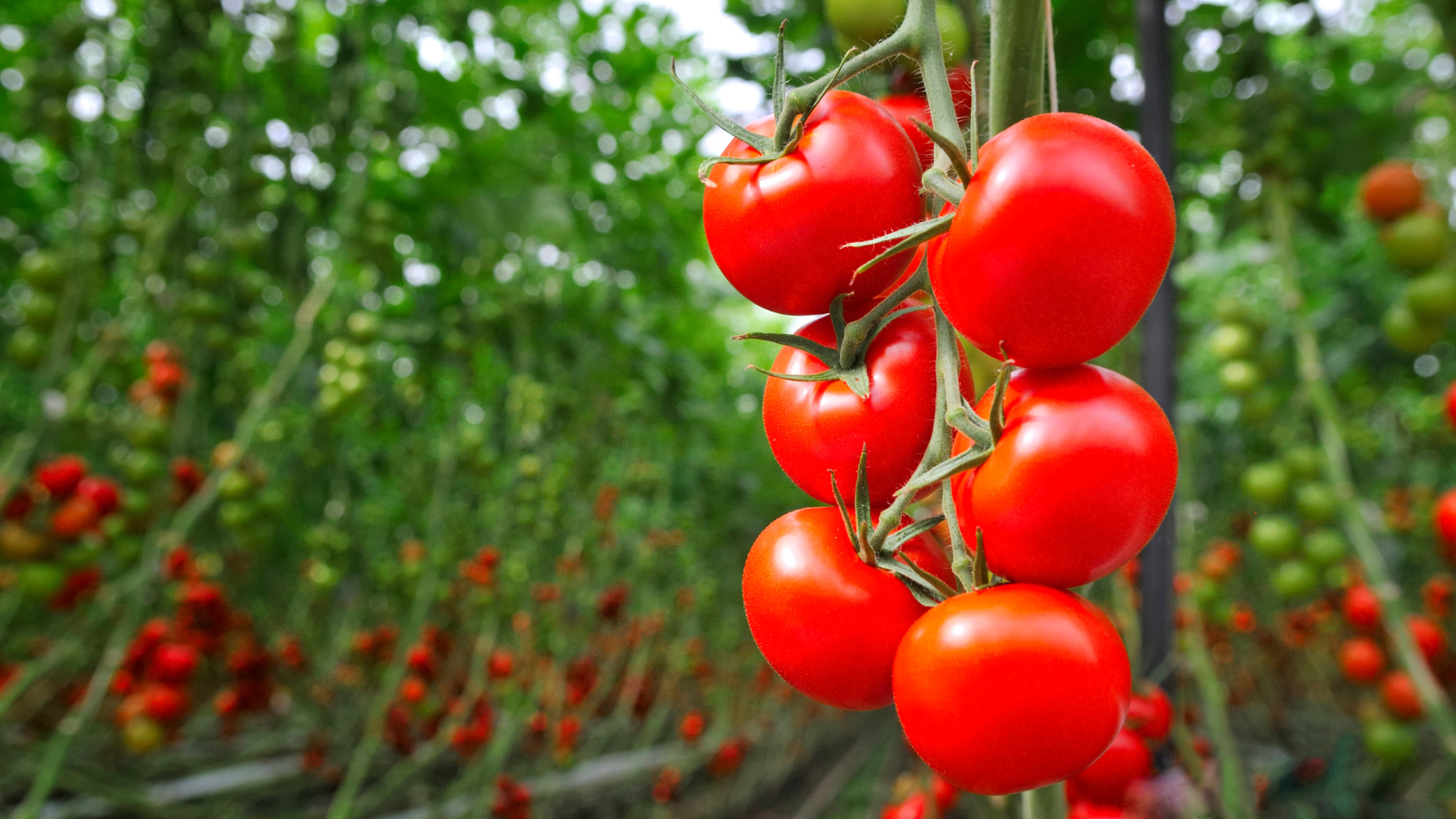The ambitious objective of the UN Sustainable Development Goals is to halve global food waste by 2030. Following a recent European initiative aimed to reduce residue generation, the president of the Generalitat of Catalunya promoted a regulation on food waste. This strategy promotes and accelerates the use and re-use of food by distributing it to vulnerable groups in the area.
One of the most important policy introduced by the Food waste reduction strategy is the regulation of gleaning, the ancient practice of harvest and collection, through an agreement with the farmer, of fruits and vegetables which are discarded from the commercial market. This is usually because of surplus production, disappointing sales, or aesthetic reasons. This practice is aimed to reduce the food waste and losses while making the task of the primary sector visible, as well as raising awareness about the value of food.
What can we do with unsold horticulture products in order to reduce food waste generated during the experiment in ICTA-UAB?
The opportunities generated by the impossibility to sell these products due to the absence of personal at the ICTA-UAB building and the increasing requests of food donations due to COVID-19 triggered an important collaboration between the Insitut and Espigoladors association. The goal is to fight for better food usage by providing vegetables to people at risk of social exclusion.
Throughout the year, the Sostenipra group develops several experimental crops in the rooftop greenhouse located in the ICTA-UAB building, as part of its research on the implementation of urban agriculture. Due to legal restrictions, these products cannot be sold and are normally shared among the personals.
Thanks to the collaboration between Espigoladors and Sostenipra group of ICTA-UAB, all the product that would be thrown away, in particular lettuce, tomato and beans, were collected and donated, responding to the problems of overproduction suddenly generated for the absence of personals. Such initiatives can inspire other city region food systems to become more sustainable, by collaborating with existing social initiatives. Until now has been realized three three round of harvest counting more than 100 Kg donated. The product has been brought by Espigoladors to the Xarxa de Suport de Cornellà and to the Confederacion Nacional de Trabajo, two social association located in the Metropolitan area of Barcelona.
What is the Espigoladors association?
Fundació Espigoladors is a non-profit organisation which fights against food waste and losses, while empowering people at risk of social exclusion from a transformative, participative, inclusive, and sustainable way. It is a social enterprise model that works for three social needs at once and interconnects them: fighting for better food usage, guaranteeing the right to a healthy diet, and creating job opportunities for collectives at risk of social exclusion.





